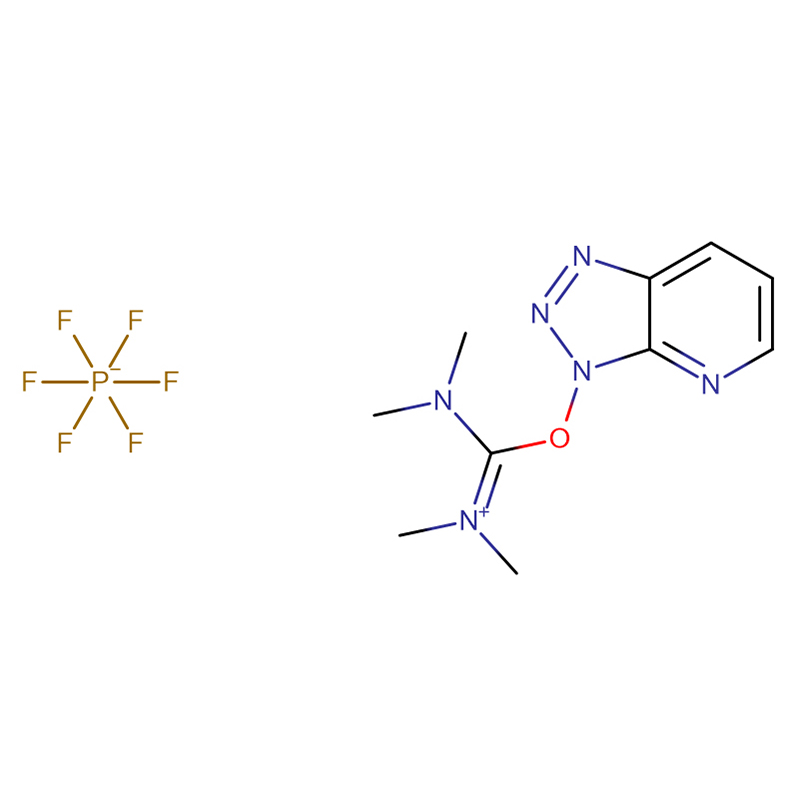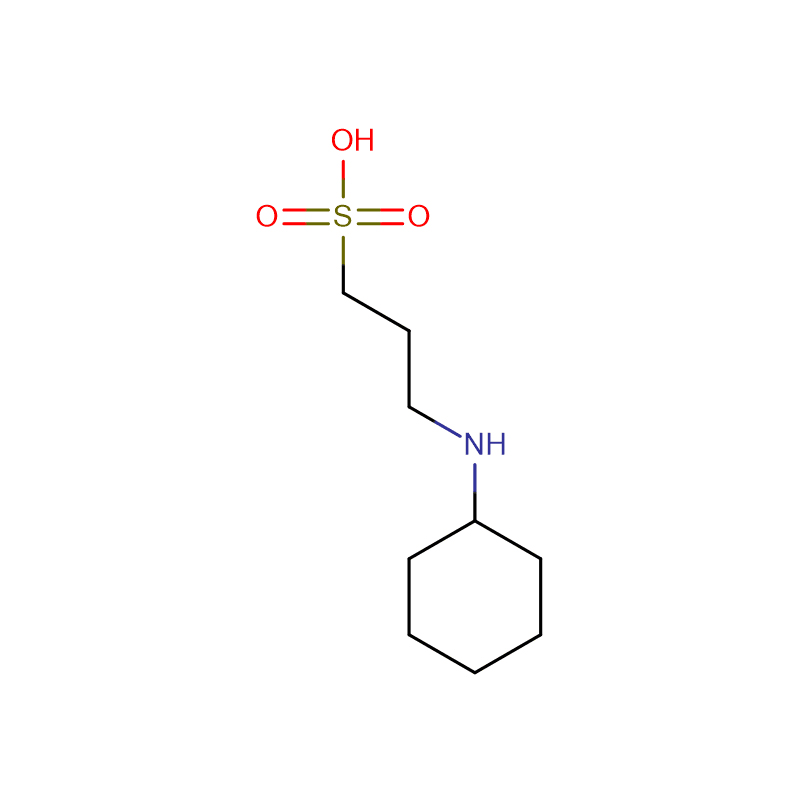Special Price for 3-[(3-Cholanidopropyl)Dimethylammonio]-1-Propanesulfonate - N,N’-Methylenebisacrylamide Cas: 110-26-9 98% White powder – XD BIOCHEM
Special Price for 3-[(3-Cholanidopropyl)Dimethylammonio]-1-Propanesulfonate - N,N’-Methylenebisacrylamide Cas: 110-26-9 98% White powder – XD BIOCHEM Detail:
| Catalog Number | XD90231 |
| Product Name | N,N’-Methylenebisacrylamide |
|
CAS |
110-26-9 |
|
Molecular Formula |
C7H10N2O2 |
|
Molecular Weight |
154.1665 |
| Storage Details | 2 to 8 °C |
|
Harmonized Tariff Code |
29241900 |
Product Specification
| Assay | >98% |
| Water insoluble | <0.5% |
| Appearance | White powder |
| Inorganic sulfates | <0.5% |
| For research use only, not for human use | research use only, not for human use |
The crucial role of tumor-associated fibroblasts (TAF) in cancer progression is now clear in non-small cell lung cancer (NSCLC). However, therapies against TAFs are limited due to a lack of understanding in the subtype-specific mechanisms underlying their accumulation. Here, the mechanical (i.e., matrix rigidity) and soluble mitogenic cues that drive the accumulation of TAFs from major NSCLC subtypes: adenocarcinoma (ADC) and squamous cell carcinoma (SCC) were dissected. Fibroblasts were cultured on substrata engineered to exhibit normal- or tumor-like stiffnesses at different serum concentrations, and critical regulatory processes were elucidated. In control fibroblasts from nonmalignant tissue, matrix stiffening alone increased fibroblast accumulation, and this mechanical effect was dominant or comparable with that of soluble growth factors up to 0.5% serum. The stimulatory cues of matrix rigidity were driven by β1 integrin mechano-sensing through FAK (pY397), and were associated wit h a posttranscriptionally driven rise in β1 integrin expression. The latter mechano-regulatory circuit was also observed in TAFs but in a subtype-specific fashion, because SCC-TAFs exhibited higher FAK (pY397), β1 expression, and ERK1/2 (pT202/Y204) than ADC-TAFs. Moreover, matrix stiffening induced a larger TAF accumulation in SCC-TAFs (>50%) compared with ADC-TAFs (10%-20%). In contrast, SCC-TAFs were largely serum desensitized, whereas ADC-TAFs responded to high serum concentration only. These findings provide the first evidence of subtype-specific regulation of NSCLC-TAF accumulation. Furthermore, these data support that therapies aiming to restore normal lung elasticity and/or β1 integrin-dependent mechano regulation may be effective against SCC-TAFs, whereas inhibiting stromal growth factor signaling may be effective against ADC-TAFs.This study reveals distinct mechanisms underlying the abnormal accumulation of tumor-supporting fibroblasts in two major subtypes of lung cancer, wh ich will assist the development of personalized therapies against these cells.
Product detail pictures:
![Special Price for 3-[(3-Cholanidopropyl)Dimethylammonio]-1-Propanesulfonate - N,N’-Methylenebisacrylamide Cas: 110-26-9 98% White powder – XD BIOCHEM detail pictures](https://cdn.globalso.com/xdbiochems/110-26-9.jpg)
Related Product Guide:
Our pursuit and enterprise goal is to "Always satisfy our customer requirements". We keep on to establish and style and design outstanding top quality goods for both our outdated and new prospects and realize a win-win prospect for our clientele likewise as us for Special Price for 3-[(3-Cholanidopropyl)Dimethylammonio]-1-Propanesulfonate - N,N’-Methylenebisacrylamide Cas: 110-26-9 98% White powder – XD BIOCHEM , The product will supply to all over the world, such as: Zimbabwe, Pakistan, Korea, With the support of our highly experienced professionals, we manufacture and supply best quality products. These are quality tested at various occasions to ensure only flawless range is delivered to customers, we also customize the array as per the need of customers to meet the requirement of customers.
Production management mechanism is completed, quality is guaranteed, high credibility and service let the cooperation is easy, perfect!



